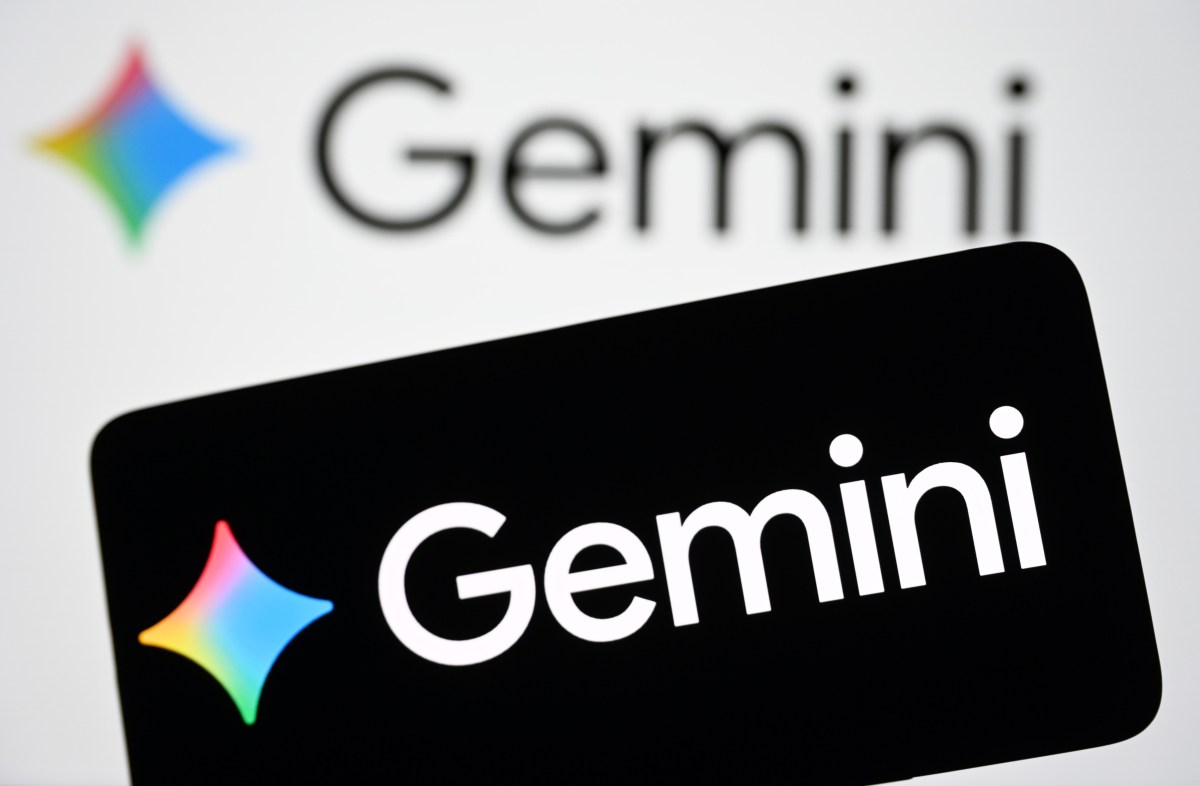GM to Equip Vehicles with Google Gemini‑Powered AI Assistant

Key Points
- General Motors will add a Google Gemini‑based AI assistant to future vehicles.
- The assistant will be delivered via an over‑the‑air update to OnStar‑equipped cars.
- It leverages large language models for more natural, context‑aware voice interactions.
- Drivers can control data access, and GM pledges to use data only for service improvement.
- The system will provide web‑sourced answers, vehicle data insights, and personalized recommendations.
- GM will evaluate additional AI models to ensure optimal performance.
- The rollout positions GM alongside other automakers integrating generative AI in cars.
General Motors announced that its future models will feature a conversational AI assistant built on Google Gemini. The new system, integrated through OnStar, aims to deliver more natural voice interactions, access vehicle data, and provide web‑based answers. GM highlighted its focus on user control and privacy, noting that driver data will be used only to improve the service. The rollout positions GM alongside other automakers exploring generative AI in cars, marking a significant step toward more intelligent in‑vehicle experiences.
Overview
General Motors disclosed plans to introduce a conversational AI assistant powered by Google Gemini into its vehicle lineup. The assistant will be delivered as an over‑the‑air update to OnStar‑enabled cars, expanding the capabilities of the existing Google‑built‑in platform that already offers Google Assistant, Maps, and other apps. GM described the new assistant as a more flexible and context‑aware voice interface that can understand a broader range of speech patterns and respond with richer information.
Technology Integration
The Gemini‑based assistant will run on GM’s in‑car computing platform and leverage large language models to interpret driver requests. Unlike earlier voice assistants that rely on fixed command phrases, the Gemini model can maintain context across conversations, allowing drivers to ask follow‑up questions and receive more natural answers. The system will also have web access, enabling it to answer queries such as historical facts about landmarks encountered on a route.
GM officials explained that the company will start with a base model and then train it on vehicle‑specific data to tailor responses to the car’s features and specifications. While Google Gemini is the primary model, GM indicated it will evaluate other foundational models from additional AI firms to ensure the best performance for its customers.
User Experience
According to GM, the new assistant will simplify tasks like drafting messages, planning multi‑stop routes, and preparing for meetings while on the go. Drivers will be able to control the assistant’s access to personal information, and the system will learn individual habits to offer personalized recommendations, such as suggesting optimal charging stations or adjusting climate settings before entry.
The assistant’s integration with OnStar means it can pull vehicle data to provide maintenance alerts, explain driving modes, and manage in‑car functions like heating and cooling. GM emphasized that the experience is designed to be more intuitive than previous voice systems, reducing driver frustration caused by misrecognition of accents or phrasing.
Privacy and Data Handling
GM highlighted a strong commitment to data privacy, noting that any driver data collected will be used solely to improve the AI assistant and will not be sold for additional revenue. The automaker has assembled a dedicated data team, including a former chief privacy officer from IBM, to implement robust governance and consent mechanisms. Users will have the option to opt in or out of data collection, ensuring transparency and control over personal information.
Industry Context
The move places GM among a growing list of manufacturers adopting generative AI for in‑vehicle assistants. Competitors such as Stellantis, Mercedes, and Tesla have announced collaborations with AI firms to embed similar capabilities into their models. GM’s partnership with Google builds on its existing “Google built‑in” infrastructure, strengthening its position in the evolving landscape of intelligent automotive technology.
Overall, GM’s Gemini‑powered assistant represents a significant step toward more conversational and context‑aware vehicle interfaces, aiming to enhance driver convenience while maintaining rigorous privacy standards.